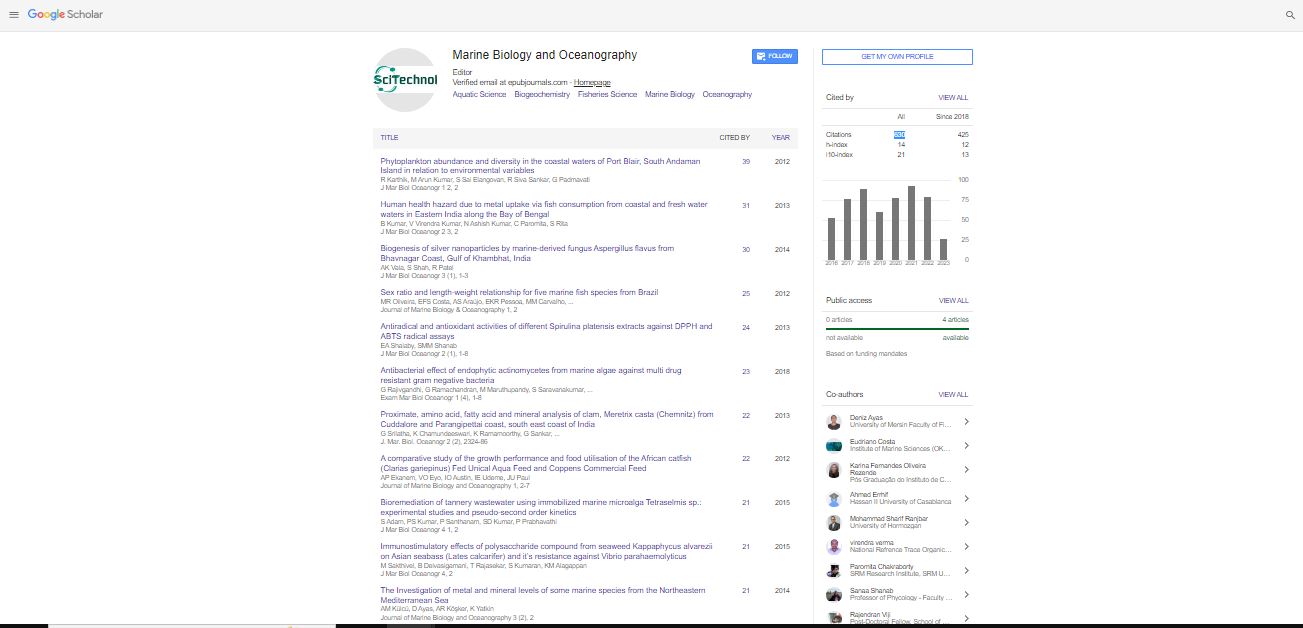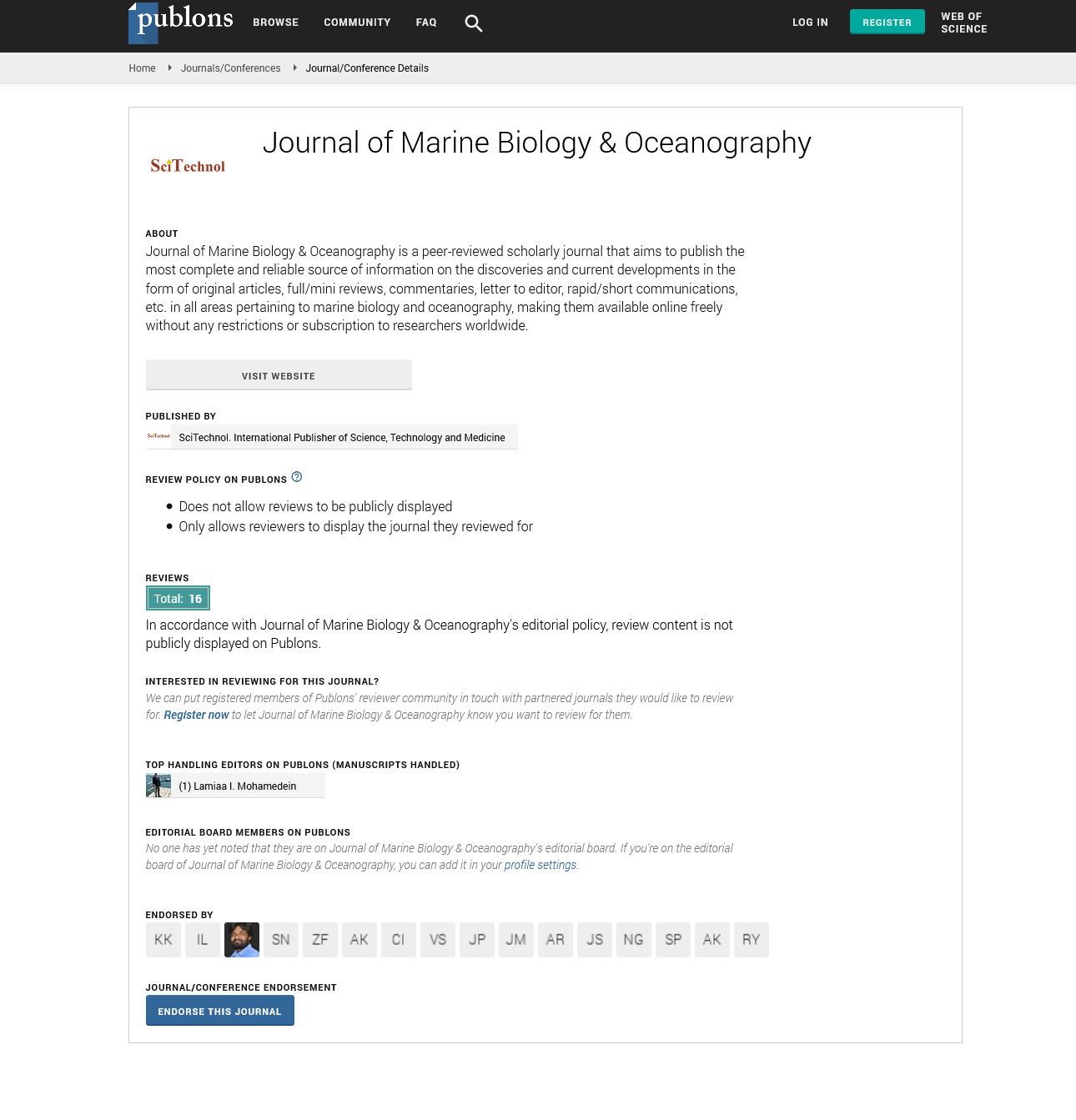Epiphytic Bacteria of Macroalgae of the Genus Ulva and their Potential in Producing Enzymes Having Biotechnological Interest
Epiphytic Bacteria of Macroalgae of the Genus Ulva and their Potential in Producing Enzymes Having Biotechnological Interest
Marine environment represents broad potential for discovering novel enzymes having biochemical and functional properties with added value. Metagenomics approaches have promoted the search for and facilitated the discovery of genes encoding enzymes having particular characteristics. Such approaches have focused on exploring microbial diversity at the functional level, often starting with marine samples. Communities associated with living surfaces, particularly marine macroalgae from the genus Ulva, are known to harbor a great number of associated microorganisms having host-specific colonization patterns and are influenced by the macroalgae’s characteristics, such as cell wall components and defense mechanisms. Monosaccharides, such as rhamnose, xylose, glucose, mannose and galactose, are part of algal polysaccharides constituting the cell wall and the storage material; these algal polysaccharides are a potential source of carbon and energy for numerous marine bacteria. Macroalgal production of these polysaccharides promotes the generation of enzymes synthesized by epiphytic bacteria that are able to degrade a great diversity of compounds. Bacteria associated with macroalgae from the genus Ulva thus represent a source of enzymes having biotechnological interest. Some of the most outstanding discoveries to date are discussed and described in this review.

